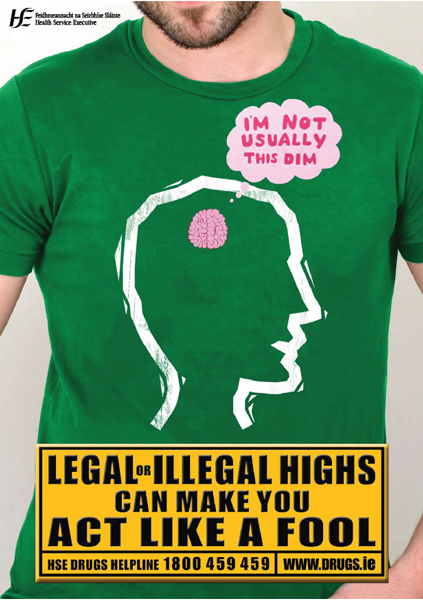Rehab for depressed teens
Rehab
They are caught in between being a child and being an adult. They feel misunderstood and they want to be loved and accepted. Being a teenager is fun but it is not easy. There are those who enjoy their teenage years and there are those who simply develop feelings of depression.
 There are multiple reasons why a teenager might become depressed. For example, teens can develop feelings of worthlessness and inadequacy over their grades. School performance, social status with peers, sexual orientation, or family life can each have a major effect on how a teen feels. Sometimes, teen depression may result from environmental stress. But whatever the cause, when friends or family — or things that the teen usually enjoys — don’t help to improve his or her sadness or sense of isolation, there’s a good chance that he or she has teen depression.
There are multiple reasons why a teenager might become depressed. For example, teens can develop feelings of worthlessness and inadequacy over their grades. School performance, social status with peers, sexual orientation, or family life can each have a major effect on how a teen feels. Sometimes, teen depression may result from environmental stress. But whatever the cause, when friends or family — or things that the teen usually enjoys — don’t help to improve his or her sadness or sense of isolation, there’s a good chance that he or she has teen depression.
Sourced from: http://www.webmd.com/depression/guide/teen-depression#1
Once family members have identified that there teen is struggling with depression and maybe is involved with substance abuse the next step is enrolling them in a rehab program. They should ensure that the teen is enrolled in an adolescent specific rehab facility. This offers a lot of benefits.
Adolescent-specific rehab is designed specifically to help teens address substance abuse through a treatment program that not only provides medical drug detox and counseling, but also helps to build teens’ self-esteem and confidence. 30-day, 60-day or 90-day inpatient rehab programs in particular are very beneficial for teens who need a safe, structured environment.
Even after medical detox is successfully completed, teens who participate in adolescent-specific rehab will continue to benefit from programs that help boost their confidence through challenge activities like rope courses or outdoor adventures.
Additionally, adolescent-specific programs may also offer fully-accredited academic programs, which are beneficial to teens that may have fallen behind in school or need additional academic help to succeed.
Adolescent-specific rehab programs help teens to not only heal their bodies, but also their minds and spirits, and to better understand that sobriety is part of a happier and healthier long-term lifestyle.
Sourced from: http://www.destinationstorecovery.com/the-benefits-of-attending-an-adolescent-specific-rehab-facility/
Doctors have to run a number of tests when diagnosing depression and when everything is ruled out then they can be certain. This is because teens can get sad over anything hence the need to rule out everything else. It is important to seek immediate treatment when you suspect that depression is taking over.
The Importance of Seeking Treatment
Teens with severe cases of depression are at increased risk of suicide. According to Mental Health America, almost 500,000 people between the ages of 15 and 24 kill themselves every year. Some of these people harbored mental illness for years, and one small event triggered them to take drastic action. Teens at high risk of suicide may need close monitoring by a trained and qualified staff. It can be too difficult for families to provide this level of supervision at home, but in a clinical facility, the teen can receive this sort of care and might be prevented from making a terrible mistake. If your teen is at risk of suicide, enrolling the teen in a facility like ours could be the best thing you’ll ever do. At Newport Academy, we can work to help your teen and ensure that the teen doesn’t make this tragic choice.
The Role of Medications
Most people are accustomed to the idea of taking medications to ease the symptoms of mental illness. In a way, this is perfectly reasonable, as many mental illnesses are caused by chemical imbalances that can be corrected through the use of medications. The way forward with teens and medications for depression is slightly less clear.
For example, adults who face a major episode of depression are often given a standard antidepressant. Slowly, the medication builds up in the adult’s system and the symptoms of depression begin to lessen and ease. In adolescents, these medications aren’t always as effective. For example, a study published in the Journal of Clinical Child and Adolescent Psychology found that use of antidepressants in teens is only mildly effective. It’s possible that the chemistry in an adolescent’s body just doesn’t respond well to the medications commonly used to treat adult depression.
Sourced from: https://www.newportacademy.com/resources/treatment/depression/



